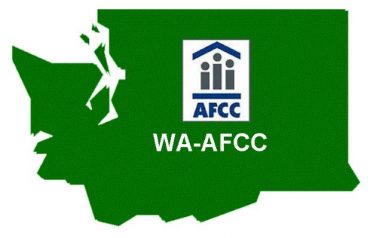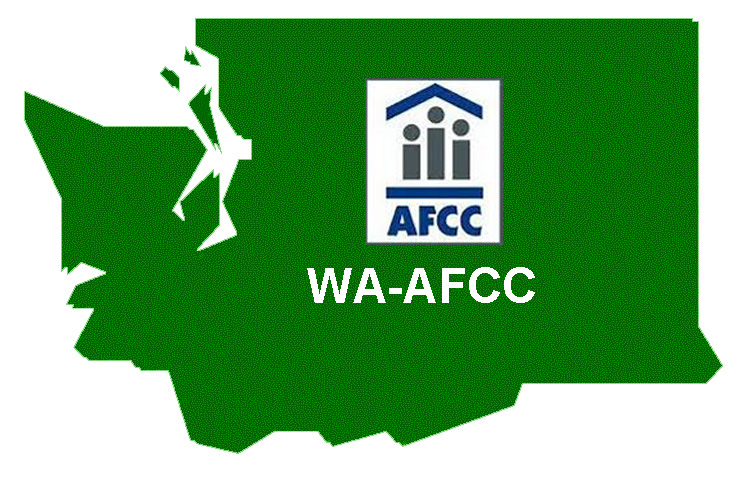
Explore emerging and exciting models to guide court-involved work, including:
-
-
- Maximizing the effectiveness of expert testimony by incorporating factors found to increase judicial judgment of the probative value of the testimony.
- Incorporating the Ecological Model into our thinking about relevant variables to investigate.
- Emphasizing the movement away from diagnosis to describing behavioral dynamics.
-
Lively discussion and alternative perspectives will be invited as we discuss:
Knowledge of the Law: Attorneys need to examine experts with regard to the application of relevant laws, statutes, and case law to their forensic psychological activities.
Knowledge of Professional and Scientific Literature: Experts are expected to possess specialized knowledge. In the APA Ethical Code, specialized knowledge is defined as the professional and scientific knowledge of the discipline. Attorneys should be prepared to critically examine the expert’s knowledge of the literature and its appropriate application to the facts of the instant case.
Inadequate Factorial Analysis: Many states have statutes and case law that identifies specific best interest factors that the court must consider before rendering a custody decision. Attorneys should be prepared to examine the expert’s knowledge of relevant statutes and case law and their application to the instant case.
Failure to Take a Systematic Approach: The purpose of regulatory codes, standards of practice, and ethical standards is to help establish a minimal level of competency. Establishing a minimal level of competency allows for courts and others to critically examine an evaluators compliance with rules, standards, and guidelines through which one can evaluate the reliability, relevance, and helpfulness of the evaluation. Deviation from established standard of practice requires that the evaluator demonstrate how the novel assessment procedures are at least as reliable if not more reliable than the standard of practice procedures.
Failure to Account for and/or Control for Bias: Bias factors affect every step of the evaluation process. Evaluators bring their personal and professional biases into each evaluation. Parents and children, too, bring their biases to the evaluation process. So, too, do collateral informants who provide third-party information. Understanding how the evaluator took steps to identify, define, and attempt to control bias factors might be a fruitful area for attorney examination.
Misuse of Theory and Research: The misuse of theory and research is a common problem. There continues to be misuse of psychological test results in child custody reports. Aligned with the misuse of psychological test results are concerns about offering opinions about psychological characteristics of parents that have little, to no, relationship to evidence-based data about how such characteristics might adversely affect parenting.
Inadequate Investigation of Primary Issues of Concern to the Court: Evaluators are often challenged in court because of inadequate investigation and insufficient data gathering. The importance of an investigative approach to data collection in child custody evaluations often is not fully appreciated.1
Insufficient Analysis of Key Variables: Too often evaluators exclude analyses of key variables.
Misuse of Available Forensic Models: Child custody evaluators are wise to rely on the professional practice guidelines promulgated by national organizations such as APA and AFCC. The Forensic Model2 reflects the application of standard forensic methodology to child custody assessment.
Misuse of Psychological Testing: There continues to be significant misuse of psychological test results. In many cases, test results continue to be used clinically with the evaluator describing the test results as if they speak directly to the psychological characteristics of the parent. Another concern is the use of psychological tests that were never intended to be used in a forensic context.
Inadequate Development of Parenting Plan and Attention to Practical Analysis: There is little, if any, evidence-based literature to support parenting plans for children of different ages. There are several evidence-informed articles that extrapolate from child development research to crafting age-appropriate parenting plans. These parenting plans are useful ideas to guide parenting plan development, but they are not of sufficiently reliable data to be used as the sole basis of an expert opinion about parenting time distribution.

